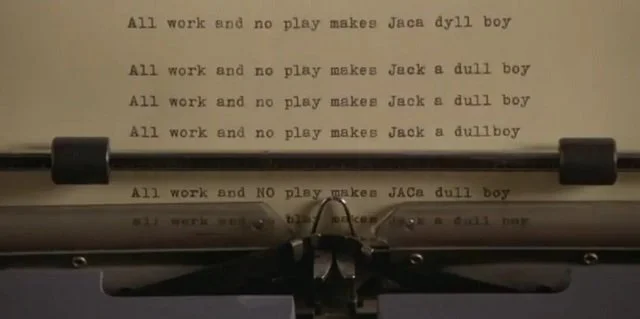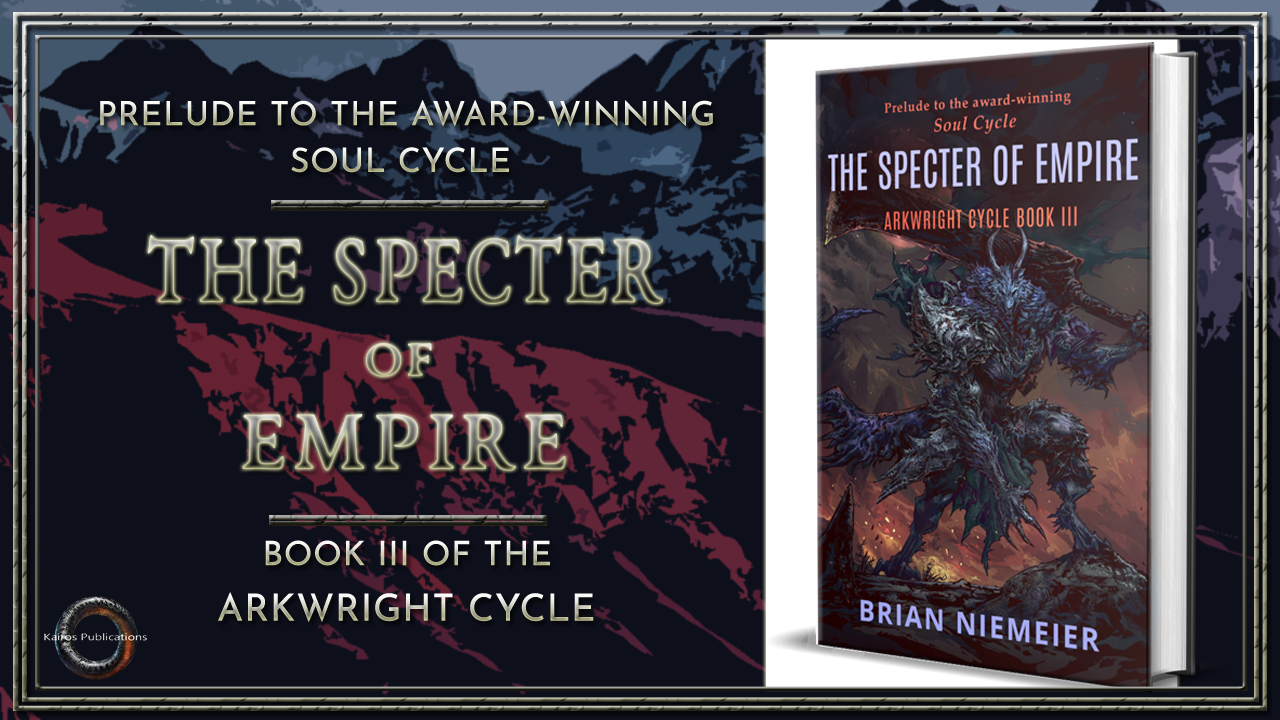Why New Authors Panic About Editing and Why They Shouldn’t
New authors tend to panic over editing like first-time drivers obsess over parallel parking. They know they’ll have to do it, everyone insists it’s important, and the horror stories are legion.
But half the advice out there contradicts the other half. And somewhere in These Intertubes floats That One Question every new writer eventually asks:
“How do I know when my book is done?”
That’s the wrong question.
Worse, it’s a trap.
Let’s dismantle it.
Screen cap: Disney
New writers pick up the idea, usually from school or the media; not from published authors, that a book becomes finished when every error is removed and every scene is perfect.
This zombie meme in turn begets destrcutive errors:
Endless rewrites
perfectionism
paying for multiple line edits on the same book
not publishing.
The telos of editing is not perfection, but removing friction between your story and the reader’s mind. Once the story moves smoothly, you’re done. Any additional work above or beyond that level is neurosis disguised as craftsmanship.
Screen cap: Warner Bros. Pictures
The crucial mistake is to assume that readers will be scouring your novel with a fine-tooth comb, grading your prose. But ask yourself “Is that how I read novels?” Chances are, it’s not. Instead, you’re following the characters on their quest.
Readers do not demand technical perfection. What they want more is momentum, clarity, sufficient stakes, and a satisfying payoff.
Your editor’s job is to make straight the reader’s path by flagging these roadblocks:
Distracting mechanical errors
awkward sentences
continuity slips
cringe that slipped through at 2 AM
missing or unclear motivations.
A professional editor can address all of those reader speed bumps in at most two rounds: one of dev edits and a follow up line edit. In the rare case that such comprehensive editing isn’t enough to make the book readable, the solution is major rewrites, which means the ball was dropped in the outline stage, not initial revisions.
So if you find yourself taking a machete to the manuscript after editing, the problem is in the foundation. Stop adding coats of paint.
That leads us to another relaity check Editing isn’t the final phase. It’s the quality check.
Professionals don’t write a book and then let an editor fix it. They write a book that already works, and the editor cleans it up.
Think of a new novel like a car rolling off the assembly line. Editing isn’t fabricating the parts or installing the engine. Editing is a professional tech putting the car on a dyno to make sure the wheels don’t fall off.
If the wheels do fall off?
That’s not an editing issue. You’re looking at a structural rewrite. And as the word implies, writing is up to the writer.
So how do you know when the book is done?
Here is the real answer new authors never hear because everyone’s too afraid you’ll think it’s oversimplified:
Your book is done when the editor can read it without pulling the emergency brake every five pages.
That’s it.
Your first book will not be your magnum opus.
Which is fine; you’re not shooting for “perfect”.
Just readable, clear, and compelling.
Because readers will forgive a typo. What they won’t forgive is boredom.
If you take nothing else from this post, take this lesson:
Editing clarifies what you’ve written; it does not manifest what you meant to write.
That is why experienced authors draft faster and edit less. They know the story works before they even touch the red pen. Editing is just the quality check before shipping the product.
New authors get stuck because they try to use editing to solve deep structural problems. That’s like trying to sharpen a sword after it’s already melted.
So stop asking, “Is it done?”
And start asking, “Is it fun?”
That pivot alone will turbocharge your output.
It will also save you money, because you’ll pay your editor to edit; not to be a ghost co-author.
And the best part?
Readers don’t care how many rounds of editing you went through. They only care whether you told a fun story without tripping over your own feet.
Once you internalize that reality, you’ll stop eternally polishing and start publishing. That’s when your writing career begins.
Book III of my dark fantasy cycle is funded! But we’re just getting warmed up. Get exclusive perks, get the new book before anyone else, and unlock our first interior art Stretch Goal!
Back The Specter of Empire on BackerKit now:
Brian Niemeier is a best-selling novelist, editor, and Dragon Award winner with over a decade in newpub. For direct, in-person writing and editing insights, join his Patreon.





